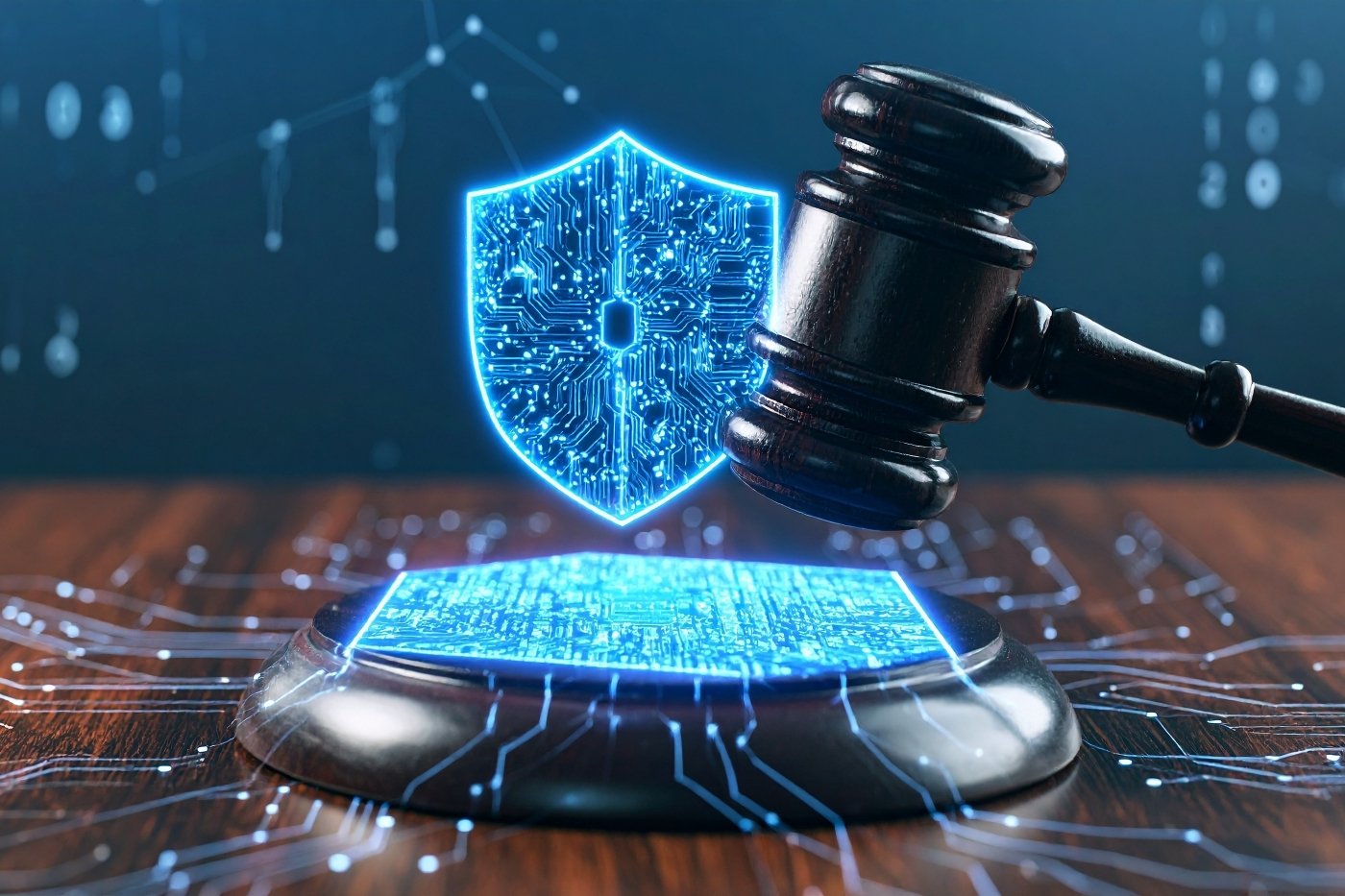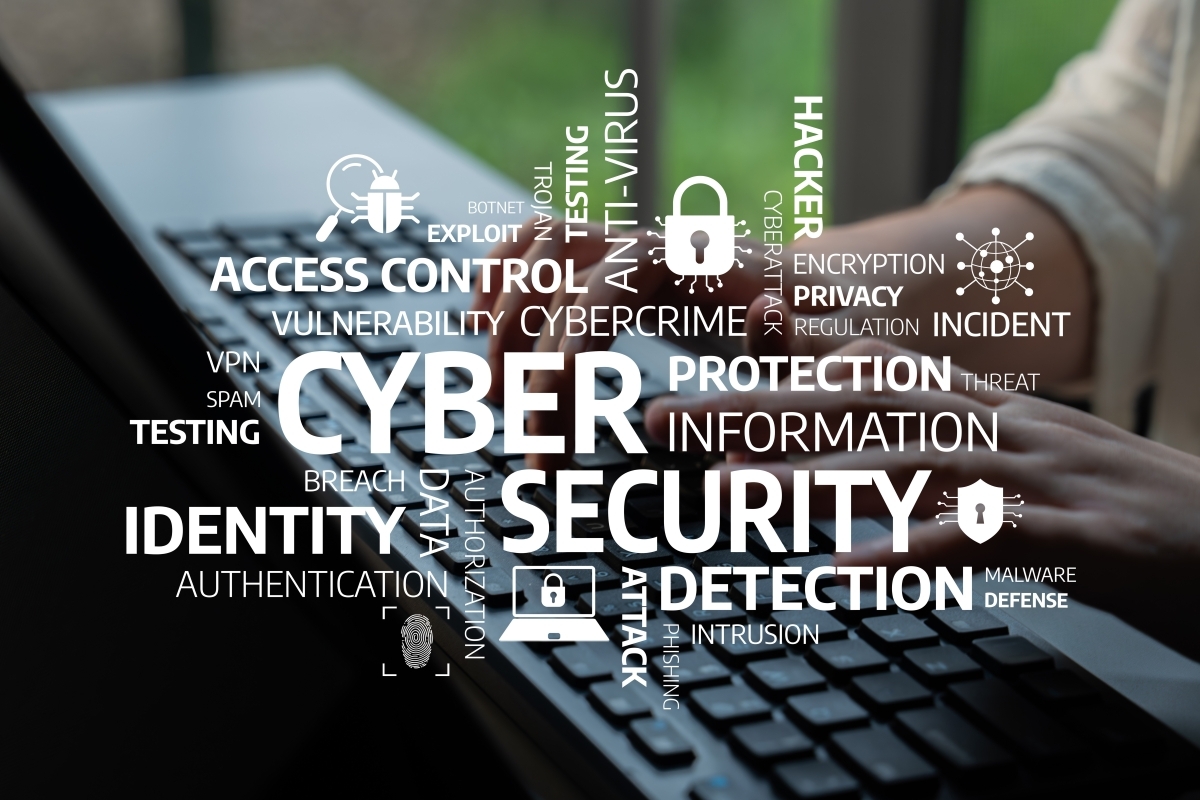Although emails, texts, and cloud-based data are commonplace, paper documents continue to play an essential and significant role in the legal discovery process. Many legal matters still involve a combination of old and new records, and the authenticity, integrity, and legal weight of physical documents cannot always be fully replaced by digital equivalents. That’s why Avalon still provides paper discovery – scanning and digitizing paper records – in addition to electronic discovery, to our clients.
Paper Documents as Primary Evidence
Despite the shift to digital data, many businesses and individuals continue to maintain hard copy records, such as contracts, legal agreements, and handwritten notes. For example, original signed contracts or handwritten amendments to agreements cannot be replaced by digital copies, which may not carry the same legal weight in court.
Industries, such as healthcare, banking, and real estate, rely heavily on paper documentation, including physical records of patient history, financial transactions, and property deeds. These paper documents may contain crucial evidence relevant to a case, and the authenticity and original condition of these documents can be paramount to legal arguments.
The Legal Requirement of Paper Documents
Certain jurisdictions or regulations may still require physical documents for compliance. For instance, many legal systems have specific rules around preserving and presenting original documents, particularly in cases involving property, wills, or securities. These paper documents may serve as irreplaceable records, ensuring a fair and authentic presentation of the facts in court.
Documents such as affidavits, sworn statements, or contracts often need to be physically signed and notarized, creating an element of legal formality that digital signatures or e-documents may not fully replicate. Paper versions of these documents are still frequently requested during discovery.
Paper Documents in Historical Context
Historical evidence, old records, and documents that have not yet been digitized may be critical in legal disputes involving intellectual property, inheritance, or corporate history. Lawyers and legal teams involved in these cases may need to sift through filing cabinets, archives, or even public records to find the relevant evidence.
The Challenges of – and Solution to – Handling Paper Documents in Discovery
The process of handling paper documents in discovery is not without its challenges. Paper documents are bulky, can easily be misplaced, and may be susceptible to physical damage over time. Organizing and storing them securely also presents logistical hurdles.
With large volumes of paper documents involved in some legal cases, paper discovery, also known as litigation scanning, may be necessary to streamline the review process. Litigation support companies, like Avalon, can convert your paper documents to digital files, making them more secure and easier to share and review.
Even with digital backups, paper originals may still hold legal weight, particularly if their authenticity is in question. In these instances, the digital versions can be searched, reviewed, etc. with ease, but hard copies can be used in court, or wherever necessary.
Most law firms and corporations today employ a hybrid approach that blends the use of both paper and electronic records in the discovery process. By leveraging the benefits of eDiscovery tools, such as document review software, keyword searches, and machine learning, with the importance of reviewing original paper documents, legal teams can optimize the process. Hybrid strategies allow for more comprehensive evidence gathering, ensuring that no critical piece of information is overlooked.
For assistance with both electronic and paper discovery, as well as document review, contact the experts at Avalon.



